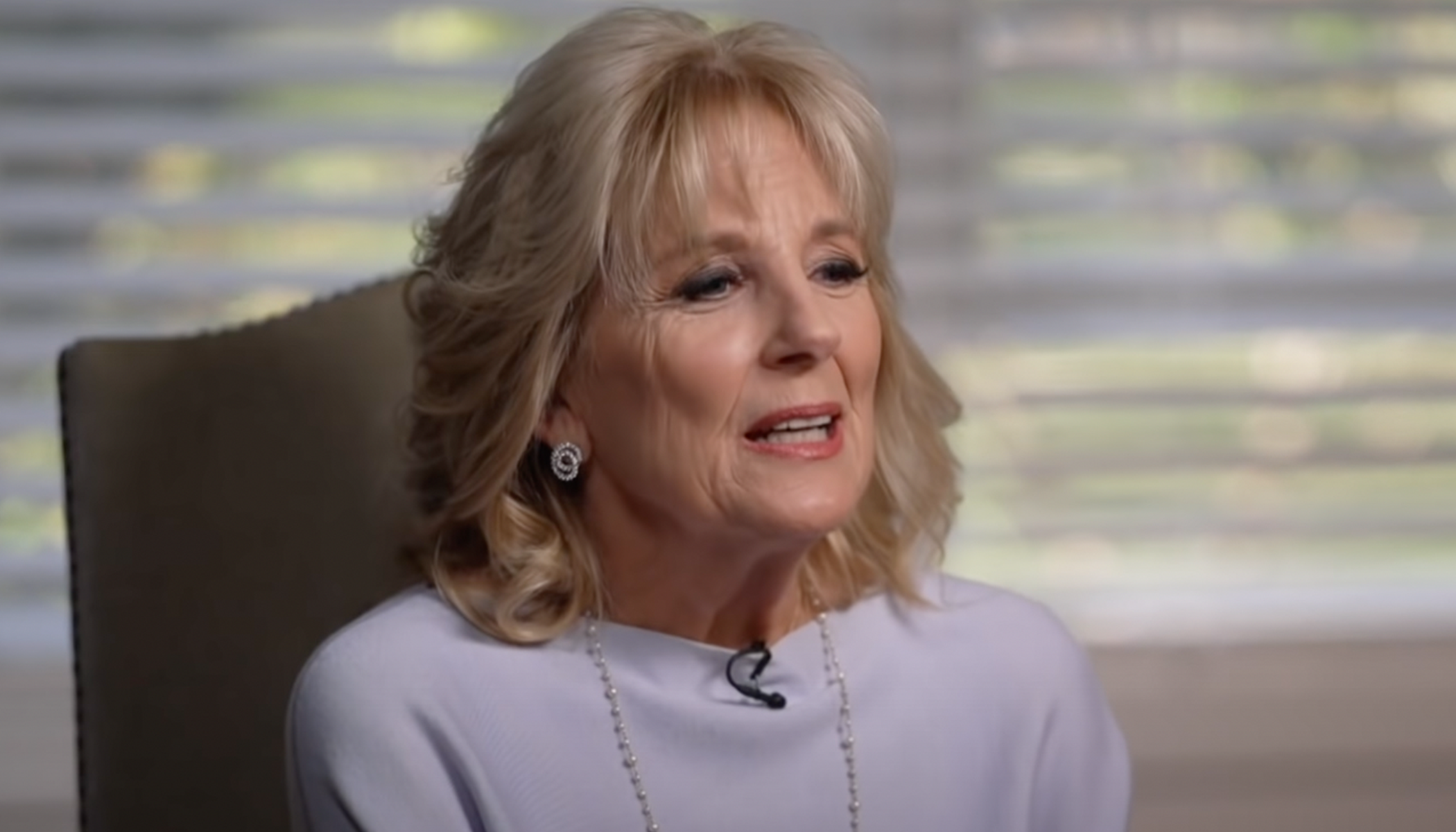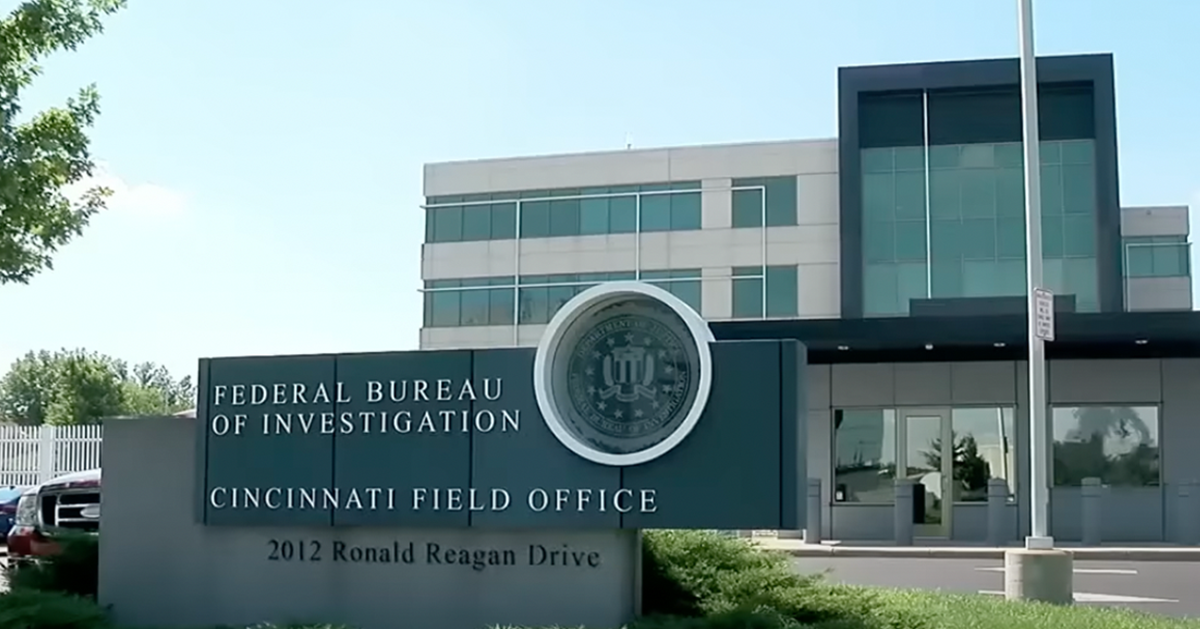Iran's Assassination Plot Against Trump Exposes Rising U.S. Concerns
Revelation of details about an Iranian plot to target former President Donald Trump has provoked substantial unease across the United States, with the Biden administration vowing a stringent military response should any harm befall the former leader.
The U.S. Department of Justice disclosed a murder-for-hire scheme spearheaded by Iran’s Islamic Revolutionary Guard Corps targeting Trump, highlighting increased tensions between the nations, as Fox News reports.
The Justice Department on Friday unsealed charges against the Iranian IRGC, detailing their conspiracy to assassinate Trump before the 2024 presidential election.
This revelation comes amidst already-frayed relations between Washington and Tehran. Federal charges have been filed against those implicated, spotlighting the IRGC’s persistent threat to U.S. security.
Timeline of Iranian Activities and Plans
The IRGC's nefarious plot began unfolding in September 2024 when they directed Iranian operative Farhad Shakeri to carry out surveillance on Trump and devise his assassination. U.S. officials, aware of the looming danger, promptly briefed Trump on the Iranian threats. The urgency of these plans was underscored by orders from an IRGC official to Shakeri by Oct. 7, with demands for a finalized killing plan within a week.
The Iranian organization believed that eliminating Trump after the election would be easier, anticipating diminished security if he lost the presidency. However, the U.S. government was quick to amplify protections, with the Secret Service heightening security around Trump.
President Joe Biden and Secretary of State Antony Blinken raised the stakes by labeling the IRGC threats as a high-level national security issue. They openly declared that any attempt on Trump’s life would trigger a military response from the U.S., suggesting a seriousness akin to engaging in warfare.
Ongoing Threats to Former President Trump
This isn't the first set of threats Trump has faced this year. A pair of assassination attempts had previously targeted him -- once during a July campaign event in Pennsylvania and again in September at one of his properties in Florida. These incidents fed into a pattern of aggression from marked adversaries like the IRGC.
The organization has maintained a vendetta against Trump, particularly following the 2020 U.S.-ordered drone strike which killed Qassem Soleimani, an influential figure and commander within the Iranian Quds Force. The IRGC is notably classified as a terrorist entity by the U.S. from the period of Trump’s own presidency.
Additional charges filed against Carlisle Rivera and Jonathon Loadholt concern their involvement in a separate conspiracy, seeking to eliminate a U.S. citizen of Iranian origin in New York. The parallels to Trump's situation underscore the breadth of threat perceptions facing the U.S. from Iranian-linked activities.
History and Involvement of Farhad Shakeri
Farhad Shakeri, the main alleged orchestrator behind the plot against Trump, first entered the United States as a young immigrant. His past criminal record includes spending 14 years imprisoned for robbery before being deported in 2008. His continued connection to the IRGC reveals a complex intersection of personal history and international espionage.
Attorney General Merrick Garland, reflecting on the seriousness of the situation, highlighted the significant danger posed by Iran. He articulated that few other globally operating entities present a comparable track record of jeopardizing U.S. national security.
The Department of Justice further underscored the gravity of Shakeri’s role, acknowledging his instructions to submit a detailed plan for Trump's assassination. These directives came directly from Iranian authority figures, introducing a grave new chapter in the ongoing U.S.-Iranian conflict narrative.
Responses and Potential Consequences
President Biden’s administration faces mounting pressure to balance measured responses to Iran's aggressive actions. The articulation of military readiness signifies a definitive stance, meant to deter any progression of such plots. The implications of these threats extend across diplomatic, security, and political spheres.
In positioning this as an "act of war," U.S. officials aim to convey unambiguous deterrence. This message serves both as a domestic assurance and an international warning, spotlighting the severe repercussions any hostile actions would precipitate.
Meanwhile, Donald Trump, referencing the planned assaults, marked his position in this turbulent narrative with characteristic defiance. The Justice Department’s filings slot him, cryptically, as "Victim-4," encapsulating the pervasive attempts on his safety.
Long-Term Implications for U.S.-Iran Relations
As the narrative unfolds, it becomes evident that the tensions between the United States and Iran extend beyond borders and banter. Each development in this saga amplifies the outreach of Iran’s IRGC and the calculated stride of American authority figures. The stakes remain high for both nations as international scrutiny intensifies.
Whether the plot against Trump ceases or escalates will reflect both on Iran's resolve and the U.S.’s strategic response capabilities. This scenario is testing diplomatic bonds and negotiations, weighing heavily on regional and global scales.
In conclusion, as authorities continue to unravel this plot, the resulting geopolitical turmoil poses challenges that will necessitate careful maneuvering from both sides. With international stability hanging delicately in the balance, all eyes remain fixed on the developments of this high-stakes standoff.





